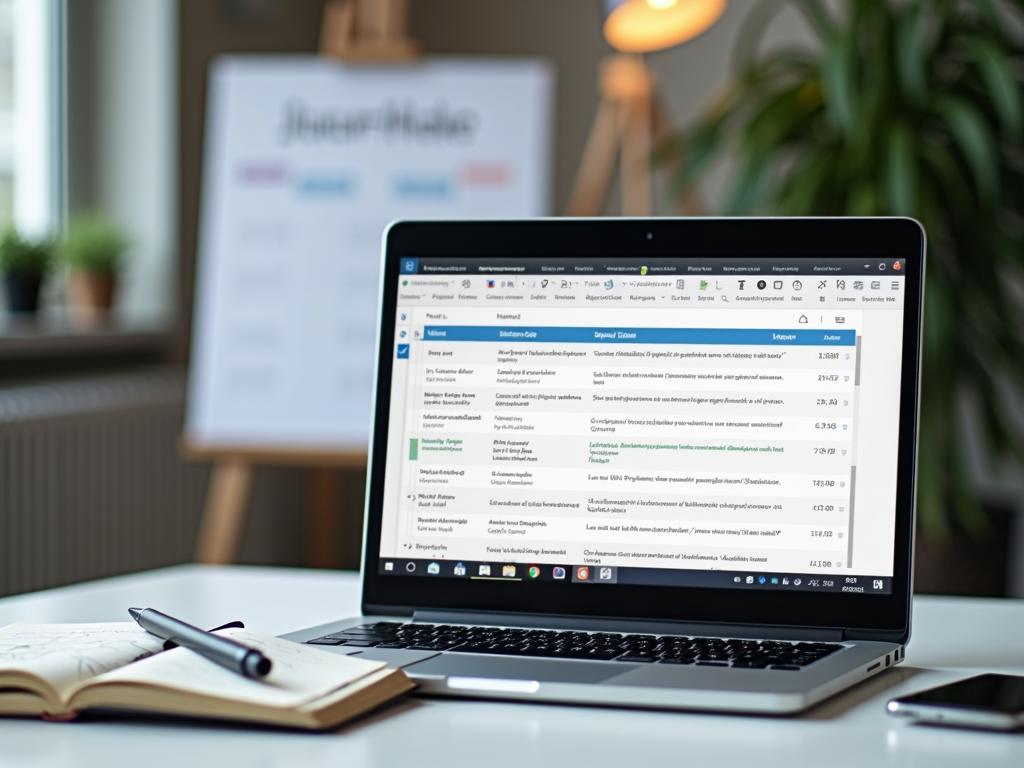The tax declaration can be a real jungle for investors and private savers, but with the right tips and tricks, it becomes a piece of cake. Discover how to save real money through targeted deductions of advertising expenses and extraordinary expenses, while keeping deadlines under control. Our guide will show you how to efficiently and easily complete your tax declaration to gain the maximum possible tax benefit. The following chapters offer valuable insights into the best deduction tricks and how to simplify the submission of your tax declaration.
Strategies to Reduce the Tax Burden: Using Advertising Expenses and Extraordinary Expenses Correctly

In the 2023 tax declaration, advertising expenses and extraordinary expenses offer valuable opportunities to significantly reduce the tax burden. These two categories should be used strategically to save money. Advertising expenses include those costs directly related to your professional activity. This particularly includes travel expenses for commuting to work. In this case, a flat rate of 30 cents can be calculated for every kilometer traveled, and starting from the 21st kilometer, even 38 cents. Accurate recording of kilometers is essential to correctly determine the maximum flat rate possible.
Expenses for a home office can also be deducted, which can represent significant savings, especially during times of increased remote work. If you can demonstrate the use of your home office, you can deduct both flat-rate expenses and specific costs, such as 20 euros per month for telephone and internet expenses. Note that for higher deduction amounts, supporting documents are required.
In application situations, expenses for resumes, portfolios, or travel can be deducted as advertising expenses. The same applies to professional training and industry literature, which is particularly advantageous for professionals who need to continue their education.
Extraordinary expenses, on the other hand, include private costs that enjoy tax benefits. This includes expenses for health insurance, care insurance, and pension insurance, which fall into the category of retirement expenses. Donations and church tax payments, which are fully deductible, are also of particular importance. Childcare expenses allow parents to deduct two-thirds of their costs, but a maximum of 4,000 euros per child per year.
To ensure comprehensive tax savings, it is necessary to collect and keep all receipts for extraordinary expenses. This also applies even if it is not necessary to submit them immediately to the tax office. Additionally, by using apps or tax software, you can ensure that all potential deductions are correctly considered, without wasting time on complicated tax issues. Accurate recording and declaration of these expenses can make a vital difference for your financial advantage and should be planned carefully.
Deadlines and Digital Submission of the 2023 Tax Declaration: Efficient for Tax Success
Accurate adherence to deadlines for submitting the 2023 tax declaration is crucial to avoid possible penalties and ensure potential tax benefits in a timely manner. In Germany, the deadlines are clearly defined: those required to submit have until September 2, 2024. If you hire a tax advisor, this deadline is automatically extended to June 2, 2025. Those interested in tax matters and wish to submit a voluntary declaration have the luxury of doing so until December 31, 2027.
Digitalization has greatly simplified the tax declaration process. Electronic submission, preferably through the ELSTER portal, is now considered standard. This platform allows for secure and structured transmission of relevant data to the tax office. Furthermore, there are tax software programs and apps that offer comfort and efficiency. Renowned applications guide users step by step through the submission process and offer valuable tips to optimize the tax burden. These digital assistants not only save time but also reduce the error rate thanks to automatic plausibility checks.
Despite digital simplifications, patience is required: after submission, it may take 5-8 weeks until the tax declaration is issued. Delays may occur, especially if the tax office requires further information. To avoid extensions, it is advisable to clarify the financial situation in advance.
In the case of unforeseen events that make timely submission impossible, an extension is only permitted in documented exceptional situations. A written request is required, and clearly stating the circumstances, such as extended illness, is crucial. Timely requests for such extensions are therefore of great importance to avoid penalties and to have peace of mind for tax strategies.